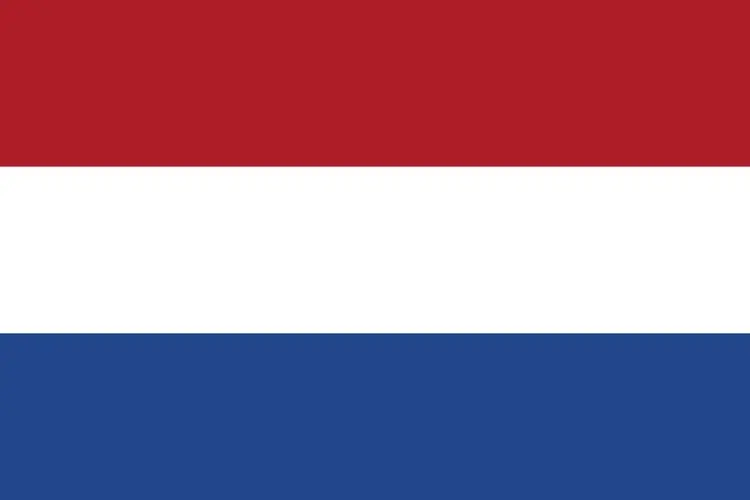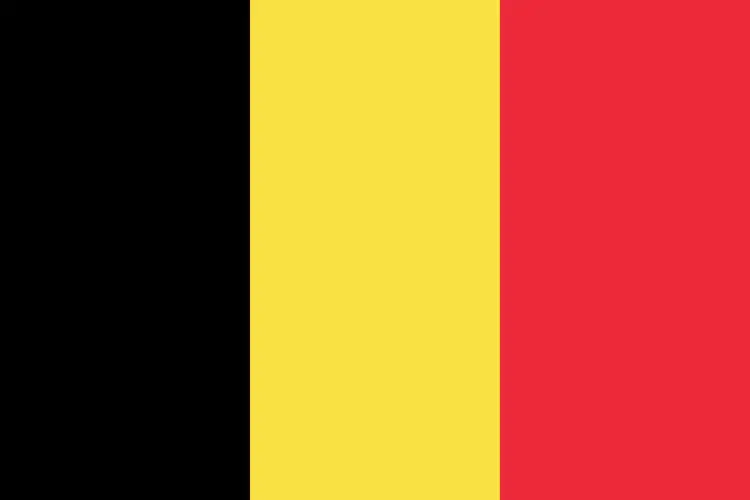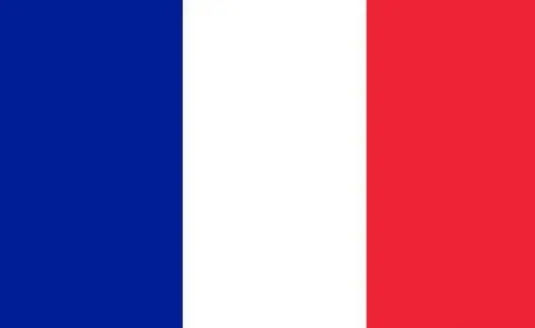Overview of the Kingdom of the Netherlands

The Kingdom of the Netherlands, abbreviated as the Netherlands, is located in northwest Europe, bordering Germany to the east, Belgium to the south, and the North Sea to the west and north. The local area is 41528 square kilometers and the coastline is 1075 kilometers long. 24% of the area is below sea level, and one-third of the area is only 1 meter above sea level. It belongs to the oceanic temperate broad-leaved forest climate. The Netherlands consists of 12 provinces and 6 overseas territories. As of July 2024, the native population of the Netherlands is 17.98 million, with 76.8% being Dutch. The official language is Dutch, while Dutch, English, Spanish, and Papiamento are commonly used in overseas territories.
The Netherlands is a highly developed country known for its strong economic strength and innovation capabilities. The population of the Netherlands is approximately 17 million, but its GDP ranks 17th globally and it has 12 Fortune 500 companies. This small country not only excels in fields such as services, manufacturing, and agriculture, but also occupies an important position in global trade.
The economic strength of the Netherlands is reflected in multiple aspects. Firstly, the Netherlands is the third largest exporter in the European Union, with a total export value of 945.2 billion euros in goods and services in 2023, with commercial services and chemical and pharmaceutical products being the highest export sectors. In addition, the Netherlands' economic growth is stable, with an expected growth rate of 0.6% in 2024 and 1.5% in 2025. The public debt level in the Netherlands remains within a controllable range, with 45.0% in 2024 and 46.7% in 2025.
The economic structure of the Netherlands is dominated by the service industry, particularly in finance, logistics, and manufacturing. The Amsterdam financial market is one of the most important financial centers in Europe, the Port of Rotterdam is one of the largest ports in the world, and Amsterdam Schiphol Airport is one of the busiest airports in Europe. In addition, the Netherlands is highly competitive in high-end manufacturing, food processing, and horticulture.
The economic success of the Netherlands is partly attributed to its historical colonial empire status and modern innovation capabilities. In the late 16th century, the Netherlands became a "sea carriage driver" with its powerful maritime technology and accumulated wealth in global expansion. Nowadays, the Netherlands still relies on its technological and institutional innovation to maintain economic vitality.



